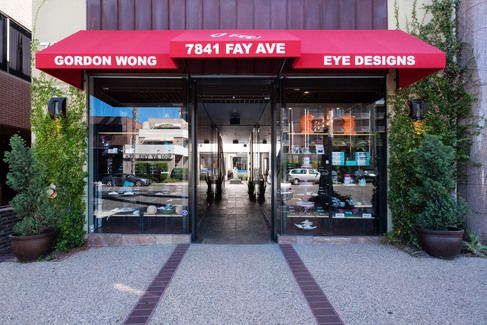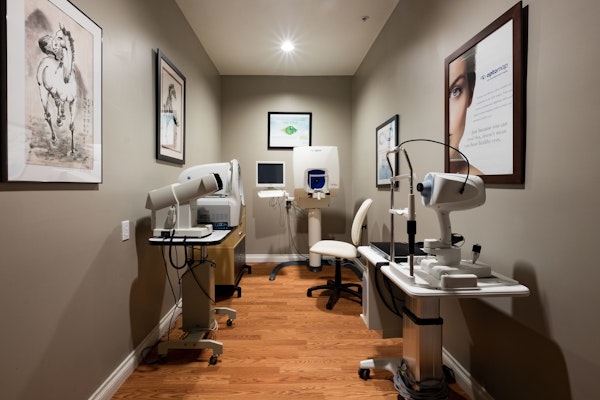LASIK Surgery After Age 40: What Patients Should Know
 Patients throughout La Jolla know that they can come to our eye doctors with their vision correction questions. We're more than happy to provide insight into eye care matters, and to help out patients experience better eyesight in the process.
Patients throughout La Jolla know that they can come to our eye doctors with their vision correction questions. We're more than happy to provide insight into eye care matters, and to help out patients experience better eyesight in the process.
It should come as no surprise that we've answered many questions about LASIK surgery. Many of these questions involve the age of patients, specifically if people over the age of 40 should get LASIK. Let's cover the basics of this topic below.
About LASIK Surgery
LASIK surgery is a laser vision correction procedure that involves reshaping the corneas. By altering the shape of the cornea, light passes through the eyes batter, focusing properly on the retina, which is the light-sensitive tissue located at the back of the eye.
LASIK is ideal for treating the following vision issues commonly known as refractive errors:
- Myopia (Nearsightedness)
- Hyperopia (Farsightedness)
- Astigmatism
Ideal Age Range for LASIK
In the vast majority of cases, LASIK is typically best for people who are in their early 20s through their mid 30s. At this point in life, a person's eyes will have matured fully and their prescription will have stabilized. Getting LASIK in the late 30s may still work, though there are vision issues to consider that set in during the 40s that people have to keep in mind.
Why LASIK After 40 Is Not a Good Idea
During the mid-to-late 40s, people will begin to experience age-related farsightedness. This condition is known as presbyopia. Presbyopia is the result of a hardening of the lens of the eye and changes in the muscles of the eyes. It leads to problems with near vision, and gets worse as people continue to age.
If a person were to get traditional LASIK in their 40s, the benefits of the surgery would only last a few years before presbyopia sets in. Given the limited span of effectiveness, you can see why LASIK is a poor idea after the age of 40. That said, a variant on LASIK may be helpful in treating presbyopia.
Monovision LASIK to Treat Presbyopia
Monovision LASIK refers to a variant on traditional LASIK surgery. The procedure will involve the correction of one eye for near vision and the other eye for distance vision. In the process, both eyes will work together to allow for better overall vision of objects at varying distances.
Monovision LASIK is a good option to consider for people who would like to avoid wearing bifocals or who would prefer to avoid getting intraocular lenses (IOLs) to replace the natural lenses of the eyes.
Good Candidates for Monovision LASIK
Good candidates for monovision LASIK are people who suffer from presbyopia. They should not suffer from dry eye and be in good overall health. Having two eyes corrected for different distances can be disorienting for some patients. Before the surgery is performed, patients will be able to wear two separate contacts to simulate the effects of the procedure. If patients can tolerate this simulation of monovision LASIK effects, they ought to be able to undergo the actual procedure and enjoy the benefits of treatment.
Learn More About LASIK
To learn more about LASIK, monovision LASIK, and other topics related to eye surgery and eyesight, be sure to contact our eye care and vision correction specialists today. Our team of eye doctors will work with you to determine ideal treatments for your vision needs.







